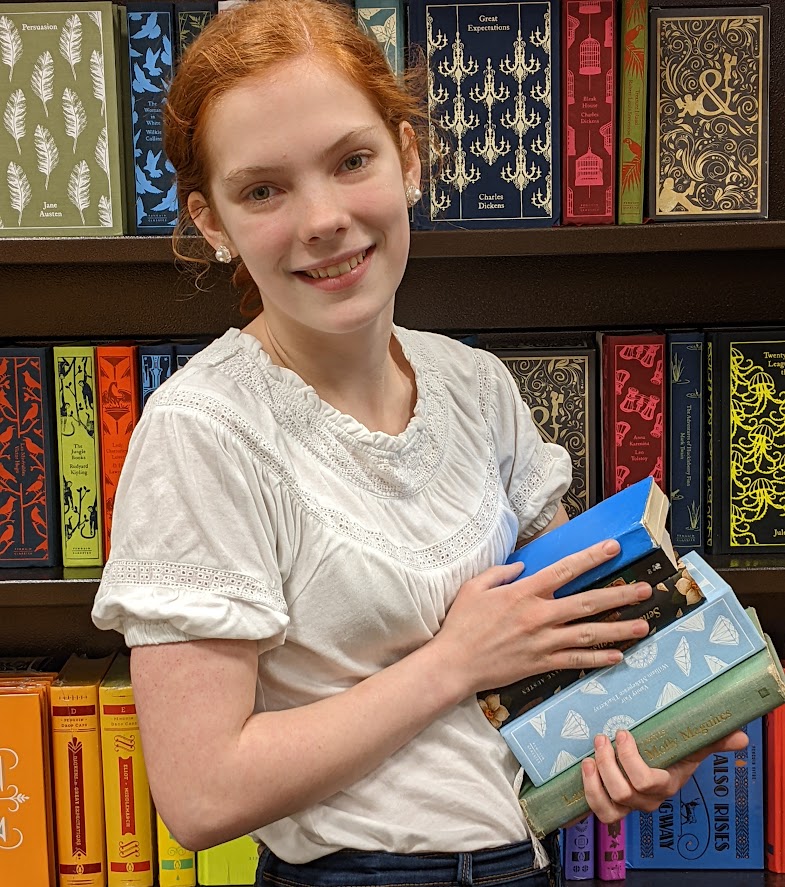I don’t know about you, but certain fantasy worlds seem almost tangible to me. The writer weaves stunning acts of magic into a system that mirrors our world. They somehow manage to balance two complete opposites to bring about a world that seems just beyond our own.
It’s true that sometimes soft magic systems are useful and even necessary for the plot. Some books simply could not be written without them.
But having that almost-tangible touch to your world brings an extra layer of palpability for your readers. Your characters become that much closer to your viewers. And I think understanding how authors craft such magic systems is crucial to creating worlds with limited yet vast magic systems — somehow keeping your characters from being completely overpowered while also allowing for limitless possibilities and room for each character’s individual creativity.
And a perfect example of such a world is Avatar: The Last Airbender.
Avatar: The Last Airbender
Avatar: The Last Airbender takes place in a world of four main civilizations, each centered around a different element: the Water Tribes, the Fire Nation, the Earth Kingdom, and the Air Nomads. A certain percentage of each of these groups was born with the ability to manipulate (or “bend”) their nation’s element. Styled after Chinese martial arts, each of the different bending techniques requires patience and practice to learn — none of the skills are innate, and the many aspects of each form of bending can often take decades to master perfectly. Only one individual in each generation — The Avatar — has the ability to master all four elements, and even he must spend hours mastering each of the four bending techniques. The avatar during the time of The Last Airbender is Aang, a young airbender with no experience outside his now-lost home with the Air Nomads.
So what set Avatar: The Last Airbender’s system apart?
The writers utilized two very important aspects of their magic system that made it so believable. They kept their magic system simple and let their characters shine through it.
Keep the Magic Simple
The bending system is easy to understand and difficult to learn. As with many skills in life, the concepts themselves are not at all that difficult to grasp, but the execution is a life-long journey of practice, failure, and achievement. As in watercolor, piano playing, carpentry, photography, coding, and even writing, the basic concepts that govern the skills we learn are often simple and straightforward. But putting them reliably into practice often takes years of trial and error. The concept of bending — using martial arts forms as a way to manipulate an element — is not complicated in itself. But learning each of the forms to perfection and mastering perfect control of an element takes years of dedication and practice. The bending system directly mirrored the skills that we master in real life, and that is part of why Avatar’s system feels so tangible.
Practice sessions with difficult tasks can often bring about great opportunities to develop your character. You can display immense growth in your character through just a few scenes centered on your protagonist’s struggle to master a certain skill. The series did this multiple times, and one good example would be Aang’s struggle to bend fire. At first he is eager to master all four elements. He jumps into fire bending especially enthusiastically, leading him to seriously burn his friend Katara and hurt his relationship with several members of the gaang. Although eventually he learns to master fire, the entire process is a struggle for him, because he now understands how dangerous uncontrolled fire bending can be and fears the thought of hurting a loved one again. He would much prefer to stay in his comfort zone and face the coming challenges without learning firebending at all. However, he ultimately comes to understand that a lack of control over his fear can be just as damaging as his lack of control over his enthusiasm. Both difficulties taught him an extra layer of control that would have been missing without the struggle the magic system brought.
On top of this, very few individuals are naturally talented. Although most of us have a passion for certain skills, art forms, or craft, few were born with an innate sense of the perfect execution of those skills. Watching characters who are born with a complete mastery of every aspect of their craft does not make it easier to relate to them, it makes it more difficult. But watching Aang as he struggles to master earth bending, which has a form style and mindset completely removed from everything he has ever learned, makes him more relatable as a character. We also learn more about how he faces problems, especially when those problems lie within himself. We get to watch his mindset shift as he learns something completely foreign, an experience that we as viewers would have completely missed had Aang been naturally talented with each of the four bending techniques.
So let your characters struggle to attain their skill. It is worth it.
Let Your Characters Shine
By keeping your magic system simple, you can let your characters shine by allowing them to explore new ideas without being hampered by technicalities or having every aspect of your magic already charted. While many magic systems have every aspect of their system explained and plotted out beforehand, or are simply so vague that a new discovery is meaningless to the viewers, the writers of Avatar: The Last Airbender allowed each of their bending characters to discover something new about their individual skills, highlighting their personalities in a unique way.
One example of this is Toph, a blind earth bender. While other earth benders merely control the earth, she uses it as an extension of herself, sensing the bending, movement, and even heartbeat of those around her. She is able to sense when someone is bending the earth, as well as where they stand and the pace of their pulse, by “listening” to the earth instead of simply hurling it at her enemies. Because of this, she is able to work past her disability and even become an earth bending prodigy at the age of twelve.
If the writers had already established this aspect of earth bending, Toph would not only seem less impressive, we also would have missed a key aspect of her character. Toph is strong, resourceful, and refuses to give up even when things are difficult. She turned her disability into a strength and used that strength to stand on her own feet. This is a crucial aspect of her character, and one that could not have been communicated without her unique connection to earth bending.
When magic systems are too vague or difficult to understand, readers will miss key character moments that can make a huge difference in their overall perception of your cast. Although there is definitely a time and a place for soft magic systems that are hard to grasp or supernatural abilities with rigidly defined rules, if at all possible, let your characters shine. Give your story an almost-tangible magic system that brings your world to life.



What is your favorite magic system, and why? Did the writers use either of the tools above to make their magic seem more tangible? And how was the article? Too sweet? Too sour? Just right? Comment below and let us know!


Hi! My name is Mara, and I’m a Christian artist, violinist, and blogger. I remember the day that I decided that I would learn something new about what makes a good story from every book I picked up — whether it was good, bad, or a mixture of both. I use this blog as a way of sharing some of the tips and tricks I’ve learned, and highlight which books, cartoons, and movies have taught me the most about writing an awesome story.

What an interesting post. I enjoyed reading what you learned about creating magical worlds. It makes sense to keep it simple and let the characters shine. Thanks for sharing
You’re welcome! I’m so glad you enjoyed it!
YEAH! I love this! When it comes to magic systems or really any aspect of worldbuilding, less is usually gonna be a whole lot more. I’m sure we’ve all read-and DNF’d books-with the info-dump prologue by the mysterious narrator. Showing your magic system and world through your character’s eyes is not only more relatable, but more interesting. I’m not going to remember what queen conquered what land a thousand years ago if it’s not relevant to the storyline or characters that I care about, it’s not gonna stick. Wow i just launched into an entire paragraph about this. Anyway, this is awesome!
The paragraph is totally fine! Glad you enjoyed this article!